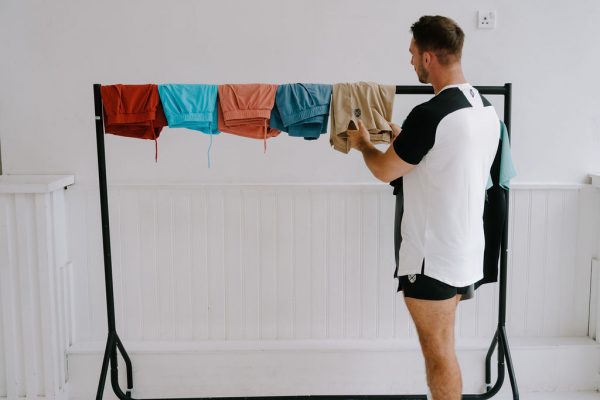Sleep quality and recovery
A 2015 study found a decrease in sleep quality post-match, which can have physiological and psychological implications for the post-match recovery process.
Thus, players need to have adequate sleep quality after training and match days to appropriate physical recovery.
Reference: Woodhouse A14 Sleep quality and wellbeing in professional rugby players.British Journal of Sports Medicine 2015;49:A5.
Studies have shown that:
Less than 5 hours of sleep per night are 4.5 times more likely to catch an infection than those who get 7 hours.
PMID: 26118561
Less than 8 hours per night are 1.7 times more likely to be injured than those who regularly get 8 hours or more rest.
PMID: 25028798
TIPS For Better Sleep
TIP NO. 1 AVOID CAFFEINE & ALCOHOL BEFORE BED
The recommended cut-off time for caffeine use is a minimum of 6 hours before bedtime.
Avoid drinking alcohol 4 hours before you plan on going to sleep. Alcohol can make you drowsy but interferes with the natural flow of the sleep cycles. Do not use alcohol as a sleep aid.
TIP NO. 2 UNPLUG FROM TECHNOLOGY
Build in a 30-60 minute pre-bed buffer time that is device-free.
Electronic devices cause mental stimulation that is hard to shut off and generate blue light that may decrease melatonin (sleep hormone) production.
TIP NO. 3 DON’T NAP FOR TOO LONG
Waterhouse et al. (2007) found a 30-minute nap improved 20-m sprint performance compared to no nap with athletes who only experienced 4-hours of sleep the night before.
Napping too close to bedtime or beyond a duration of 30-minutes may interfere with regular sleep (Halson 2017).
TIP NO. 4 INVEST IN HIGH-QUALITY SLEEP EQUIPMENT
Jacobson et al. (2002) found quality bed mattresses reduced pain in muscles and stiffness in joints as well as improved overall sleep quality by over 60%.
Thus, invest in high-quality bed mattresses, pillows, and blackout curtains.
TIP NO. 5 STICK WITH A REGULAR SLEEP SCHEDULE
Stay consistent on bedtimes and wake-up times so it will allow your body to regulate its internal clock, which in turn can often improve your quality of sleep.
Being consistent with your sleep schedule will reduce tiredness and helps your body sync with its essential physiological patterns (Halson 2017).
TIP NO. 6 HAVE A GOOD SLEEPING ENVIRONMENT
Keeping your room cool (about 18°C), quiet and dark all create an environment that makes it easier to sleep (Halson 2017).
External distractions such as noise, light, and temperature can harm sleep hygiene (Bodin et al. 2015).
TIP NO. 7 CONSUME SLOW-ACTING CARBS & PROTEIN 2-3 H BEFORE BED
Carbs increase serotonin production, a natural relaxant while protein ensures your body has all the amino acids it needs to rebuild damaged muscle tissue.
Hunger can be a major sleep barrier. Restricting food intake may limit performance impairments at night. Thus, it is advisable not to sleep hungry.
PMID: 28740034
P.S You can buy any 3 items from our new range for £50 (saving you £25), We ship globally too.
Use code “3for50” to apply the discount.

